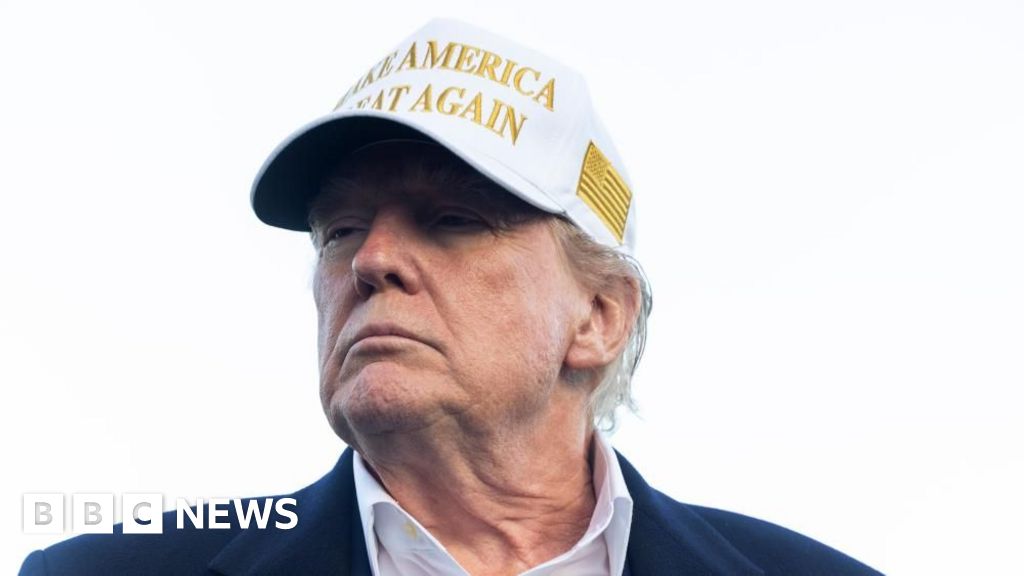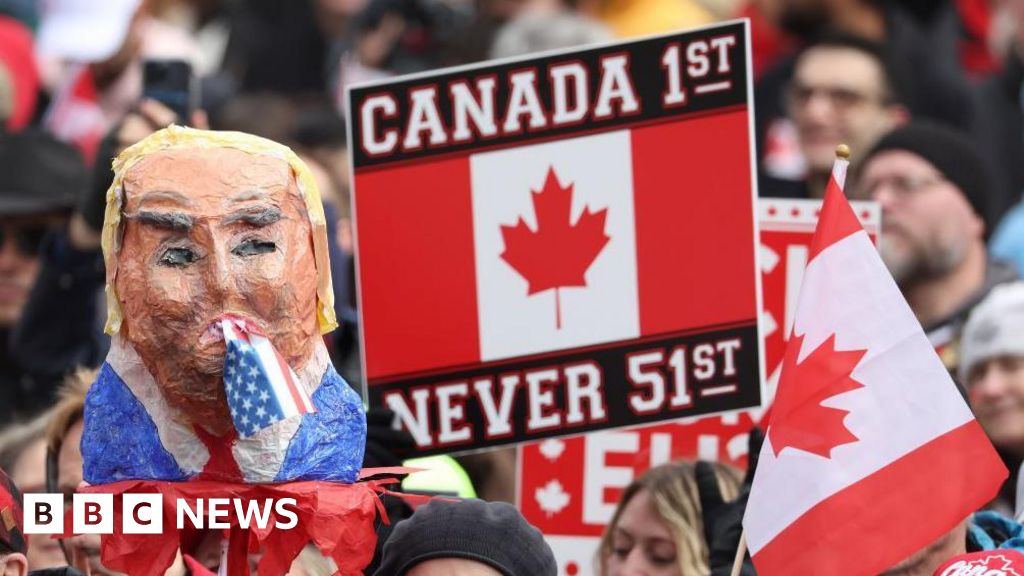Four Former Hong Kong Lawmakers Released After Serving Prison Sentences Linked to National Security Convictions

SHANGHAI In a significant development, four former lawmakers from Hong Kong have been released from prison after serving sentences related to one of the largest national security cases since the introduction of a controversial law by Beijing. Critics argue that this legislation has been weaponized to suppress dissent in the region.
The individuals freed are Claudia Mo, Gary Fan, Jeremy Tam, and Kwok Ka-ki, each of whom completed four years and two months in prison on charges of conspiracy to commit subversion under the stringent national security law. This law has dramatically altered Hong Kong's political landscape, stifling the once-thriving pro-democracy movement.
The release of these four politicians was first reported by Radio Television Hong Kong, the primary public broadcaster in the city, and subsequently covered by various news outlets. They were part of a larger group known as the Hong Kong 47, who were detained for participating in an unofficial primary election in 2020. This event garnered an impressive turnout of over 600,000 voters, even in the face of stern warnings from authorities.
The unofficial primary was organized by the pro-democracy camp in Hong Kong, which aimed to use it as a platform for success in the legislative elections planned for later that year. The hope was that this would eventually lead to a greater voice in policymaking for Hong Kong citizens. However, the anticipated legislative elections were abruptly postponed, officially citing the pandemic as the reason. In early 2021, the situation escalated when police arrested dozens involved in the primary, leading to the eventual indictment of 47 individuals, with only two being acquitted of the charges.
Prosecutors presented the primary as a calculated attempt to undermine the government, while critics have decried the prosecution as part of a systematic crackdown on the rights and democratic freedoms that were once a hallmark of life in the former British colony.
The most severe sentence handed down in this case was ten years, which was given to Benny Tai, a prominent academic and activist who was a leading figure in organizing the primary. Tai had also played a significant role in the 2014 Umbrella Movement, which called for democratic reforms in Hong Kong.
The national security law was swiftly enacted by Beijing in 2020, in response to a wave of massive protests that erupted in 2019. These protests were primarily against the local government's leadership and demanded universal suffrage. Proponents of the law argue that it was essential for restoring order and stability in Hong Kong, which is a key financial hub in Asia. However, opponents assert that the law fundamentally breaches Beijing's commitment to uphold a "high degree of autonomy" for Hong Kong for 50 years following its handover from British rule in 1997.
























